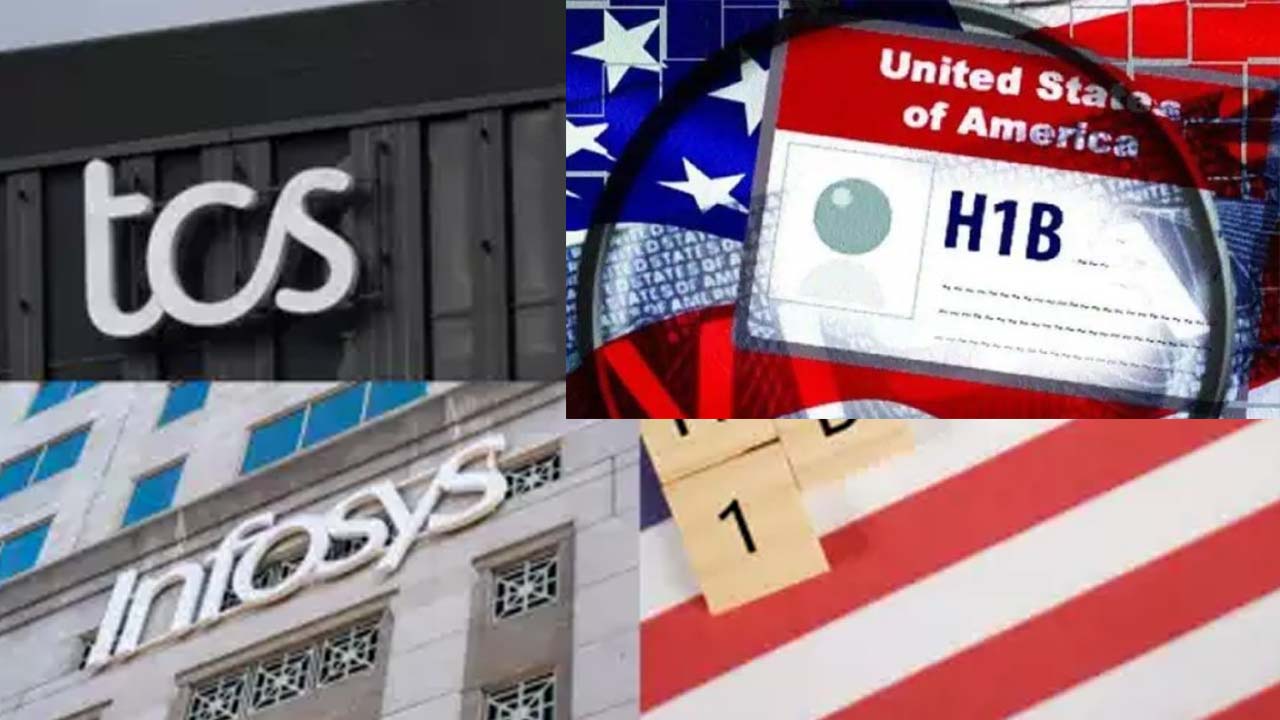
India-USA, H1B-Visa Updates: Indian tech companies claimed a significant share of the H-1B visas granted by the United States, obtaining 24,766 out of the 130,000 visas issued between April and September 2024. Leading the charge were Infosys with 8,140 visas, TCS with 5,274, and HCL America with 2,953. Amazon emerged as the top recipient overall, securing 9,265 visas.
The H-1B visa program, designed to let U.S. companies employ skilled foreign workers in specialized fields, remains critical to the technology sector despite potential regulatory shifts. Data from the U.S. Citizenship and Immigration Services revealed that Indian-origin firms accounted for roughly 20% of all H-1B visas issued during this period.
While Infosys and TCS were major players, Cognizant, founded in Chennai and now based in New Jersey, ranked third with 6,321 visas. Wipro and Tech Mahindra, other prominent Indian IT firms, received 1,634 and 1,199 visas, respectively, demonstrating a broader reliance on this program across the Indian tech industry.
The H-1B program has long been a cornerstone for U.S. businesses seeking global talent. Indian IT firms, including Tata Consultancy Services, Infosys, Wipro, and HCL Technologies, have consistently been top employers of H-1B visa holders. However, evolving regulations and public sentiment are prompting companies to adapt as immigration policy reform discussions continue.
Elon Musk, who once held an H-1B visa himself, has championed the program. In a December 28 post on X, he underscored the value of welcoming hardworking individuals from diverse backgrounds, advocating for the U.S. to maintain its reputation as a land of opportunity. Musk's position contrasts with previous restrictions placed on the program by President-elect Donald Trump during his first term, citing concerns over the displacement of American workers by lower-cost foreign labor.
As debates around the future of the H-1B visa intensify, its importance to U.S. tech and Indian IT firms remains undisputed. The program continues to bridge the talent gap while fueling innovation in both countries.





















